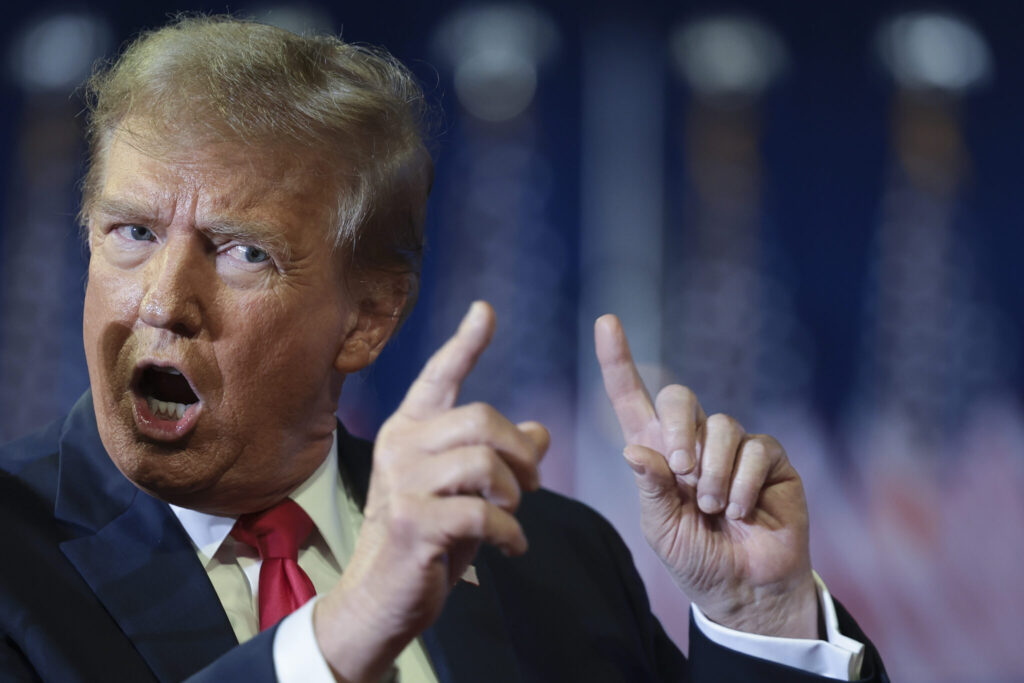In recent weeks, Donald Trump had been effective in persuading Republicans in Washington to oppose a funding agreement incorporating billions in military assistance for Ukraine. However, his efforts faced a setback when he asserted that he would not defend US allies against Russia if he deemed their NATO contributions insufficient. Consequently, Trump’s pressure tactics encountered resistance.
Within a day, 18 Republican senators, alongside their Democratic counterparts, supported advancing a foreign aid package that Trump had urged them to reject. On Truth Social, Trump had emphatically stated, “ARE YOU LISTENING U.S. SENATE(?), NO MONEY IN THE FORM OF FOREIGN AID SHOULD BE GIVEN TO ANY COUNTRY UNLESS IT IS DONE AS A LOAN, NOT JUST A GIVEAWAY.”
This supplementary funding, totaling $95 billion, was allocated to Ukraine, Israel, and Taiwan but omitted the comprehensive immigration revisions and border security enhancements included in the bipartisan agreement that failed to progress in a procedural vote the previous week.

Donald Trump (Credits: Kansas Reflector)
In a Senate address on Sunday, minority leader Mitch McConnell appeared to counter Trump’s remarks, stating, “I know it’s become quite fashionable in some circles to disregard the global interests we have as a global power.
This is idle work for idle minds. And it has no place in the United States Senate.” Senator Thom Tillis of North Carolina, a Republican who supported advancing the bill, attributed Trump’s comments to his aides, suggesting that more Republicans might endorse the measure once amendments were introduced.
Even Senator Rand Paul, known for staunchly defending Trump, criticized the remark as “stupid.” Nevertheless, Paul pledged to obstruct the foreign aid package at every opportunity.
Despite garnering newfound Republican backing, the fate of the bill remains uncertain. The Senate, originally scheduled to commence a two-week recess on Monday, is now expected to remain in session until a final vote on passage later in the week.
Republicans are likely to condition their support on policy and funding alterations aimed at reducing migrant crossings at the US-Mexico border. The intertwined nature of foreign aid and border security, now a standard Republican framework, has resulted in months of stalled negotiations.
Some Senate Republicans justified their opposition to the previous funding package by arguing that it lacked rigor, despite its provision of emergency funding for ICE, Customs and Border Protection, and additional border reinforcements.























